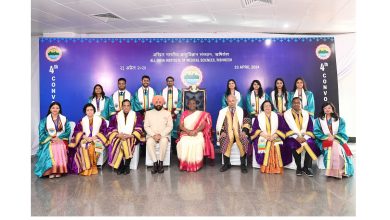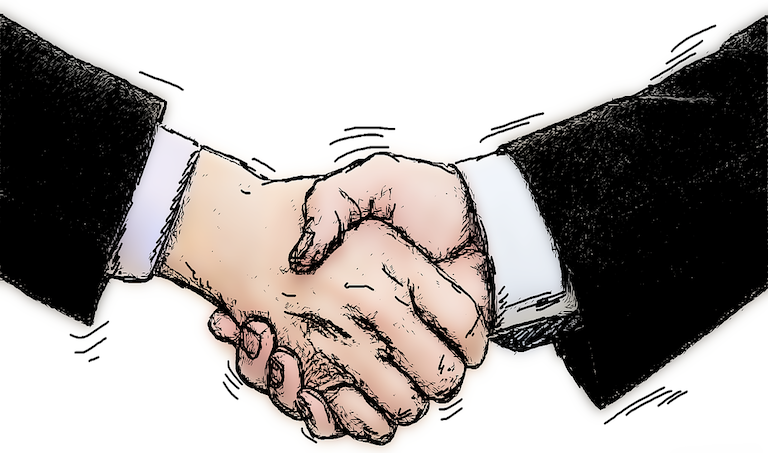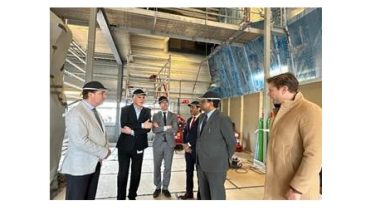GDC-RIS signs MoU with Bill & Melinda Gates Foundation

The tie-up will help to advance cross-sharing of ideas, innovations, and solutions across developing countries
Research and Information System for Developing Countries (RIS), a New Delhi-based autonomous policy research institute, has signed a five-year Memorandum of Understanding (MoU) with Bill & Melinda Gates Foundation to advance cross-sharing of ideas, innovations, and solutions across developing countries and beyond through its specialised wing, Global Development Centre (GDC).
GDC-RIS and Gates Foundation will work together towards strengthening and building new partnerships for South-South cooperation in areas such as nutrition, health systems, pandemic preparedness, agriculture, digital financial inclusion, and women empowerment among other key development issues.
The partnership will facilitate knowledge sharing of development innovations and best practices among the Global South, with a vision towards building a vibrant, constructive, and continued engagement for progress on the Sustainable Development Goals (SDGs). The engagement will encompass horizontally and vertically integrated partnerships to identify and document innovations and best practices across development solutions, outreach to a wide range of stakeholders including national/state governments, private sector, think tanks, civil society and academia. It aims to facilitate thought partnerships to boost knowledge exchange programs, capacity building and implementation support efforts. The association will enable a platform for engaging with various stakeholders in addressing developmental challenges in India and the Global South by providing comprehensive holistic support to curate best practices locally and globally to strengthen the overarching goals of South-South Cooperation.
Speaking on the occasion, Dr Rajkumar Ranjan Singh, Minister of State, Ministry of External Affairs, said “The partnership between RIS and Bill & Melinda Gates Foundation would pave the way for institutionalised transfer of knowledge, promotion of policy research and outreach for knowledge exchange, capacity building and skills development to promote global goods.”
“At the outset, our idea of the Global Development Centre is to promote several major programmes which have contributed immensely in terms of both bringing in inclusion in our economic development initiatives and also trying to bring in sustainability. These two dimensions have been the core strength of almost all programmes that we have launched such as Aadhaar-enabled e-payment services or UPI or BHIM or even the National Payment Systems, etc. These programmes have been trying to contribute towards the idea of sustainability, inclusion and to bring efficiency in governance by stopping the leakages, identifying beneficiaries targeting benefits to the most desired communities of India,” said Prof Sachin Chaturvedi, Director General, RIS.
“India’s leadership on the global stage – from vaccine manufacturing and digital health to digital financial inclusion and beyond – are great examples of innovation and scale that offer enormous potential for cross-learning and collaboration. We are excited about this engagement with the Research and Information System for Developing Countries and optimistic that this platform will offer opportunities for expanded partnerships across the Global South and accelerate progress toward the Sustainable Development Goals,” said Gargee Ghosh, President, Global Policy & Advocacy, Bill & Melinda Gates Foundation.
Talking about the importance of collaboration, Hari Menon, India Country Director, Bill & Melinda Gates Foundation, stated “Collaboration and partnerships are critical now more than ever, to accelerate research, develop new tools, and drive continued progress in health and development. Given the Government of India’s deep commitment to global partnerships, the Bill & Melinda Gates Foundation is honoured to work with the Ministry of External Affairs and the RIS to support strong collaboration between governments, multilateral institutions, academia, and voluntary and private sectors, to enable joint commitment and shared learning that address the biggest challenges in health and development in the Global South.”




